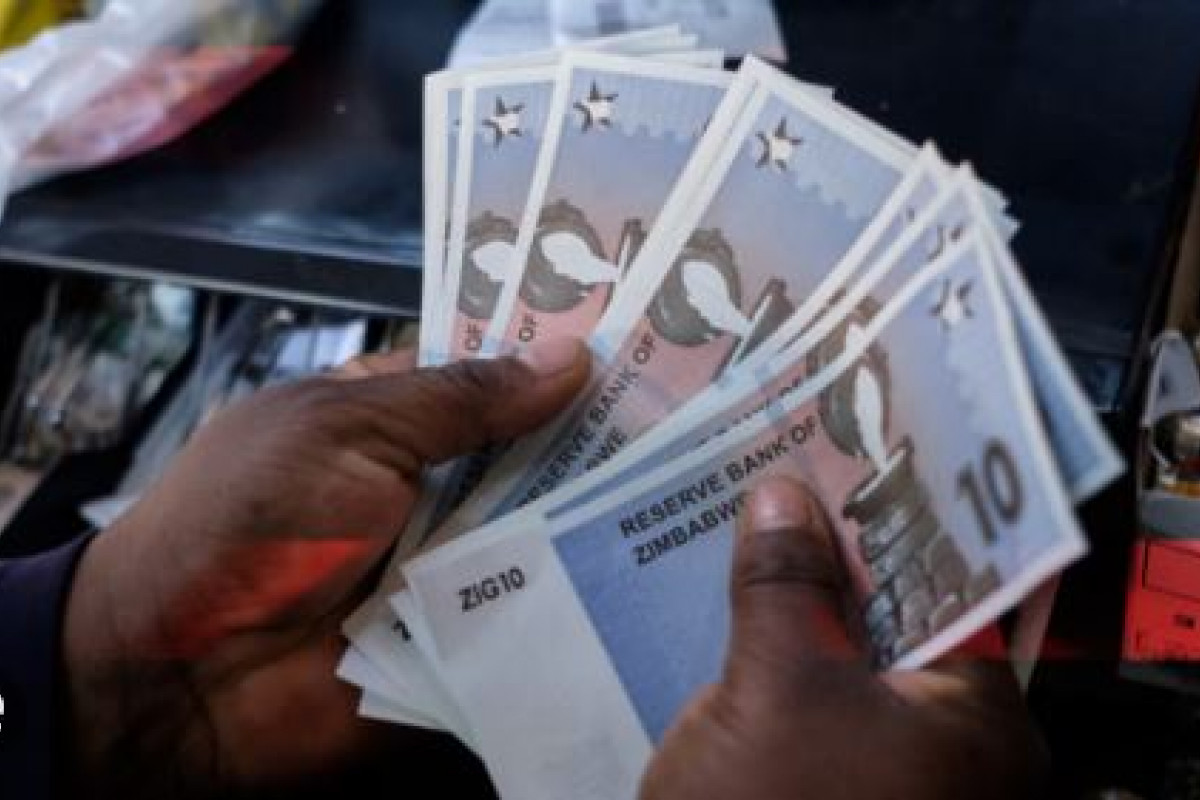Zimbabwe’s economic landscape is increasingly defined by its debt crisis, with the implications of soaring debt creating significant challenges for the nation’s stability and growth prospects. Recent developments underscore the gravity of the situation, revealing both the difficulties faced in addressing debt and the public's growing dissatisfaction with government responses.
Economic Implications of
Soaring Debt
Zimbabwe's debt crisis has
far-reaching consequences for its economy. The accumulation of both local and
external debt poses a substantial threat, with market watchers warning that
local debt could crowd out domestic businesses and exacerbate the government's
debt dilemma. This dual challenge of managing both local and external debt has
become a significant concern, potentially stifling economic growth and
stability.
The government's efforts to
address the debt crisis have included a concerted push to resolve official debt
and clear arrears with international creditors, such as the African Development
Bank (AfDB). Structured Dialogue meetings have been convened to explore
solutions, but progress has been hampered by various challenges, including
inadequate funding and failure to meet creditor conditions.
The situation was further complicated by recent comments from the U.S. ambassador to Zimbabwe, Pamela Tremont, who emphasized the need for substantial reforms before participating in debt resolution dialogues. The ambassador’s remarks highlight a broader international skepticism about Zimbabwe's commitment to necessary reforms, with many institutions requiring demonstrable progress in governance and democracy before resuming negotiations.
Mid-Term Budget Review and
Public Reaction
The government's recent
Mid-Term Budget Review, delivered by Finance Minister Mthuli Ncube, has only
deepened public concern. Titled “Consolidating Economic Transformation,” the
budget review rebased the 2024 expenditure from ZW$58.2 trillion to ZiG87.9 billion.
Despite this adjustment, the review was met with criticism for its perceived
stinginess and failure to address pressing needs in welfare-related sectors.
Ncube's budget revealed a
concerning fiscal imbalance: total expenditure exceeded revenue by ZiG2.4
billion in the first six months of the year. The government’s tight control
over spending, especially its refusal to allocate additional resources to critical
areas like health, education, and public services, has drawn widespread
criticism. The public is increasingly frustrated by the government's inability
to address these fundamental needs, which are exacerbated by economic
hardships.
The introduction of the ZiG currency was intended to stabilize prices and exchange rates, but public skepticism remains. The recent budget included measures to promote the use of the local currency, such as amendments to tax payment legislation and customs duties. However, these measures have done little to alleviate concerns about the economy’s overall health and the government's approach to debt management.
Public Sentiment and
Socio-Economic Impact
Public sentiment reflects
deep dissatisfaction with the government's handling of both the debt crisis and
economic challenges. Many Zimbabweans are struggling with rising prices,
financial difficulties, and the impact of reduced public services. The Zimbabwe
Livelihoods Assessment Committee (ZimLAC) 2024 report highlights the severe
consequences of economic strain, noting that 22.3% of school-aged children are
not attending school due to financial constraints, early marriages, and
pregnancies.
The public's frustration is further compounded by the government's reluctance to address these urgent issues through increased spending. Citizens are calling for greater transparency, effective debt management, and substantial reforms to improve governance and economic stability. The lack of significant changes and the persistence of economic hardships have fueled a sense of disillusionment and mistrust in government policies.
Conclusion
Zimbabwe's soaring debt and
its economic implications continue to cast a long shadow over the nation’s
future. The government's attempts to manage debt and implement reforms face
significant hurdles, with international skepticism and public dissatisfaction
intensifying. As the country navigates these complex challenges, the need for
effective, transparent, and inclusive solutions becomes increasingly urgent.
The impact of the debt crisis on everyday Zimbabweans underscores the critical
need for comprehensive economic strategies and reforms to ensure long-term
stability and prosperity.

